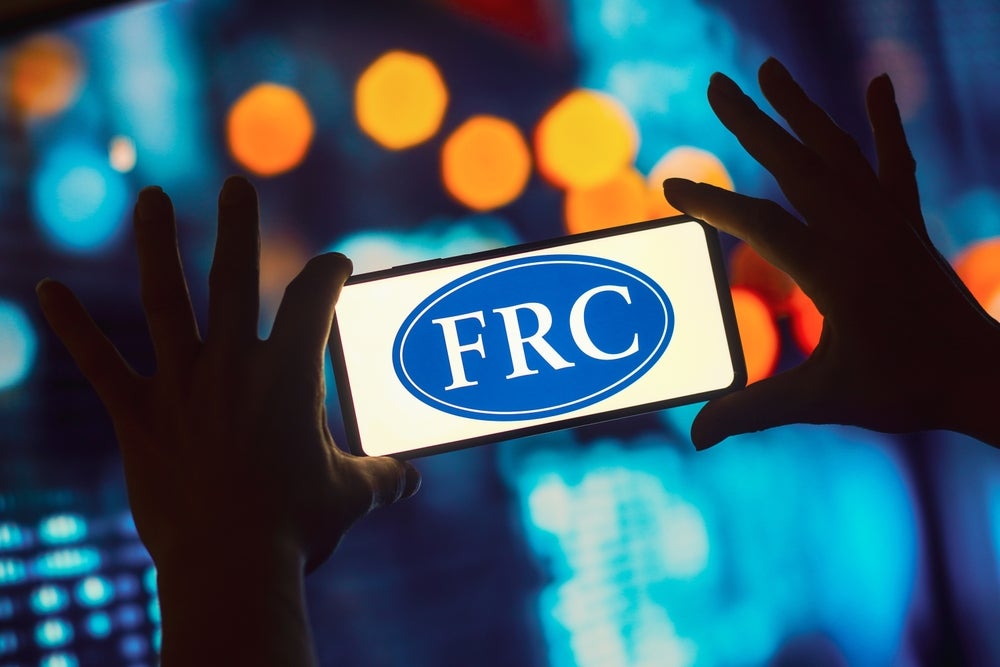International corporate reporting standard setters and framework providers have released a position paper supporting the development of better reporting guidelines for the Sustainable Development Goal (SDGs).
Participants of the Corporate Reporting Dialogue (CRD), an initiative designed by the International Integrated Reporting Council (IIRC), advocate working together to provide guidance and structure for businesses to be transparent and accountable, and to ensure better decision making that promotes financial stability and sustainable development.
The participants of the CRD include the Climate Disclosure Standards Board, the Global Reporting Initiative, the International Integrated Reporting Council, and the International Organization for Standardization and the Sustainability Accounting Standards Board.
In the paper they identify how corporate reporting can illustrate which SDGs are relevant to a company’s business model, enabling both companies and investors to focus on those SDGs most likely to impact financial performance.
The paper also notes the importance of driving integration of financial and non-financial information to demonstrate how companies create value for stakeholders over the short and long-term.
The CRD said: "We will strive with our further co-operation to enable effective and efficient capital allocation for the benefit of companies, investors, and society. This includes providing frameworks that measure progress toward achieving the SDGs, and providing frameworks that enable a better understanding of the link between the SDGs and company financial performance and risk.”
How well do you really know your competitors?
Access the most comprehensive Company Profiles on the market, powered by GlobalData. Save hours of research. Gain competitive edge.

Thank you!
Your download email will arrive shortly
Not ready to buy yet? Download a free sample
We are confident about the unique quality of our Company Profiles. However, we want you to make the most beneficial decision for your business, so we offer a free sample that you can download by submitting the below form
By GlobalDataCollectively the members of the CRD can address all 17 of the SDGs. The table below shows which SDGs are addressed by each of the participants’ framework:
|
SDG |
CDP |
CDSB |
GRI |
ISO |
SASB* |
IIRC |
|
1. No poverty |
|
|
√ |
√ |
|
|
|
2. No hunger |
|
|
√ |
√ |
|
|
|
3. Good health and well-being |
|
|
√ |
√ |
|
|
|
4. Quality education |
|
|
√ |
√ |
|
|
|
5. Gender equality |
|
|
√ |
√ |
|
|
|
6. Clean water and sanitation |
√ |
√ |
√ |
√ |
|
|
|
7. Affordable and clean energy |
√ |
√ |
√ |
√ |
|
|
|
8. Decent work and economic growth |
|
|
√ |
√ |
|
|
|
9. Industry innovation and infrastructure |
|
|
√ |
√ |
|
|
|
10. Reduced inequalities |
|
|
√ |
√ |
|
|
|
11. Sustainable cities and communities |
√ |
√ |
√ |
√ |
|
|
|
12. Responsible consumption and production |
√ |
√ |
√ |
√ |
|
|
|
13. Climate action |
√ |
√ |
√ |
√ |
|
|
|
14. Life under water |
|
√ |
√ |
√ |
|
|
|
15. Life on land |
√ |
√ |
√ |
√ |
|
|
|
16. Peace, justice and strong institutions |
|
|
√ |
√ |
|
|
|
17. Partnerships for the goals |
|
√ |
√ |
|
|
|
* SASB metrics would be relevant for specific SDGs for selected industries
** The International <IR> Framework follows a principles-based approach and, therefore, does not prescribe the disclosure of specific individual matters.






